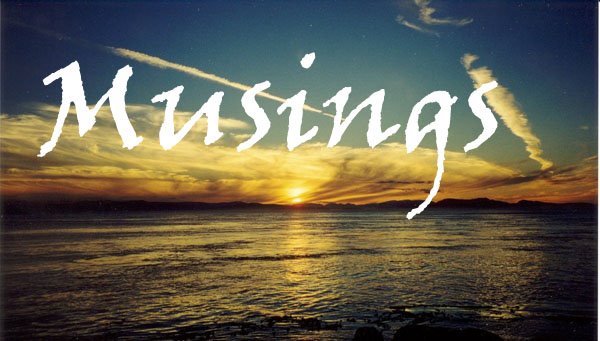When you finish a thesis you're just so relieved to finish that you never look at it again. At least I haven't. And you expect it to just lie on the shelves of the university library with maybe a few eager students stumbling over it almost by accident as they do research for a class paper. But, with the option of an electronic version of the theses/dissertations, the readership becomes world wide.
As my thesis is on the ScholarsArchives website at BYU, I get an email periodically telling me I've had more downloads; I usually get at least one a month. I have a readership of 94 people so far, a lot more than I would have anticipated. Actually, there may be more readers; these 94 people actually downloaded my thesis.
I have an international readership! Of the 94 downloaders: 27 are from the USA, 8 from China, 4 from Malaysia, 3 from Canada, 2 each from the UK, Italy, Philippines, and Taiwan, 1 each from Germany, Estonia, France, Croatia, Indonesia, Iran, Netherlands, Portugal, Romania, Saudi Arabia, Slovenia and Tunisia. I don't know why getting readership in some of these places amuses me. I think it's because they are so random in such out of the way places. I would have expected more from Italy because of Giambattista Vico, but I think the real draw is digital storytelling and its application in education as well as in social life.
Today I discovered, there are five papers where the thesis has been cited. So not only did they download it but actually quoted from the thesis. Wow! One was a dissertation by a Tunisian at the University of Victoria in Australia, two articles by people in Portugal, and two articles by people in Taiwan (they were in Chinese; I would like to know what they quoted!). All of them were writing about using digital storytelling in education.
As I am now writing fiction, eventually I hope to have a larger readership. In some respects this smaller readership of my thesis probably has more impact internationally on education systems and thus to students, though indirectly. But, fiction also can impact others if only to entertain so I'm not going to say that my novels will not impact others. Our book group was reading Maisie Dobbs, which is set in WW1; we learned a lot about WW1 and how it impacted ordinary people, more than just dry events from a history book. So fiction can be instructive too though that is not its main goal.
One thing that is better in creative writing, is that the only committee you need to face are your critique groups; they are a lot less intimidating and they are not grading you like a thesis committee. I wish I'd found out earlier that I had the aptitude to write more than academic papers, though my life was too complicated in the past. This new passion has opened up new possibilities I just hadn't anticipated. Writing fiction is a lot more fun!

No comments:
Post a Comment